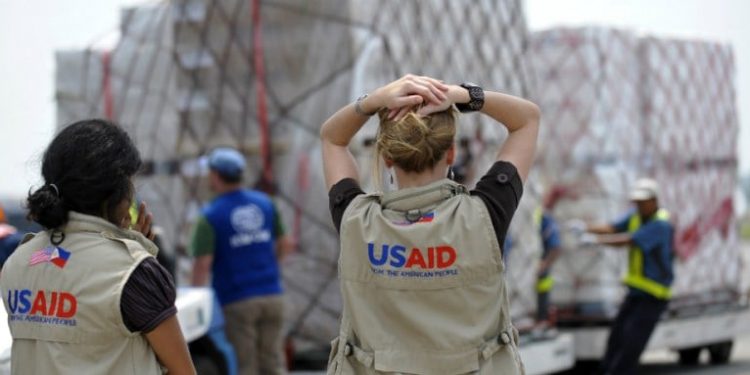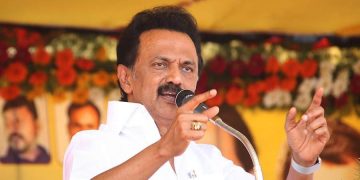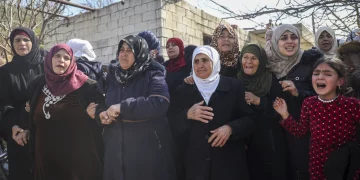What was being feared about the widespread disaster that Donald Trump’s presidency would cause has started to come true within days of his assumption of office. The Trump administration’s freeze on foreign aid threatens to derail global efforts to fight disease outbreaks, counter terrorism and provide humanitarian assistance to people affected by conflict. President Trump’s resolve to shape an “America first” foreign policy – a continuation of his first term- is set to impact countries and communities across the world. It may be noted that the US government is the single largest humanitarian donor in the world, according to the United Nations.
President Trump had also signed an executive order pulling out of the World Health Organisation (WHO) membership, thereby affecting its funding. The US State Department has for now enforced the freeze on all foreign assistance for 90 days, effectively implementing an executive order signed by Trump on his first day in office. The freeze also includes a review of all federal assistance programmes to ensure they align with Trump’s foreign policy agenda. The only initial exemptions were for emergency food programmes and military aid to Israel and Egypt. The US action has already caused widespread chaos and confusion across the humanitarian sector. Secretary of State Marco Rubio has been forced to sign an additional waiver for “life-saving humanitarian assistance.” However, he specifi ed that it would not include areas targeted by the Trump administration, such as activities involving abortions, family planning conferences, gender or transgender surgeries. The situation is so unclear that many organizations are still seeking clarity on what qualifi es as “life-saving” assistance. This is because they fear massive disruptions following the freeze. Foreign aid is often distributed by the government in the form of grants to support projects implemented by NGOs, businesses, foreign governments, or even US government agencies. The US spent roughly $70 billion in foreign assistance in the 2022 fiscal year, the latest year for which comprehensive data is available, the CRS report stated. This accounted for about 1 per cent of the total federal budget. According to statistics in 2024, the US provided over 40 per cent of the UN’s humanitarian aid budget. In the wake of the freeze, public health partners and contractors that work with the United States Agency for International Development (USAID) were ordered to halt the supply of critical drugs for the treatment of HIV and malaria. This includes programmes such as the President’s Emergency Plan for AIDS Relief (PEPFAR), created by former President George W Bush. Former USAID official A Gawande has stated in an X post that the freeze would do “serious damage to the world and the US.” He has also expressed fear that it would impact global efforts to fi ght Malburg virus, monitor bird fl u outbreaks, and eradicate polio. In another perspective, it has become public knowledge that many of the big ‘humanitarian’ organisations have become riddled with corruption, red tapeism, bureaucratic delays, allegations of power abuse, misdirection and misuse of funds, overspending and ineffi ciency. It is here that the US freeze will help them- in identifying what’s really important to them, in creating leaner more efficient systems and retain only the best employees and practises, to stop spending on fluff such as fancy overseas conferences and focus on their core values and deliver. UN agencies especially excel in these corrupt practises all over the globe, including in India.
Most of these agencies operating in Orissa are nose deep in siphoning off huge funds with help of local collaborative bureaucrats. The upshot of all this is that Trump with his policy of withdrawal of US’ traditional fi nancial support to humanitarian programmes the world over and of course his new tariff wars is posing a threat to global stability in some crucial spheres. Some may say Trump needs to be reined in. That may be true. But it may also be questioned as to why the United States of America should be the only country which bears the biggest burden that befalls anyone and everyone across the world.
The US itself is facing a troubled economic situation and has many domestic issues to resolve. It is therefore important that, instead of questioning Trump and America, other countries must start making efforts to fend for themselves and also pitch in more for global humanitarian crises. In fact, US interference as many a times caused more pain than gain in a lot of countries that it actively funds. It has come to be that every country must solve their own problems or be prepared to perish.






































